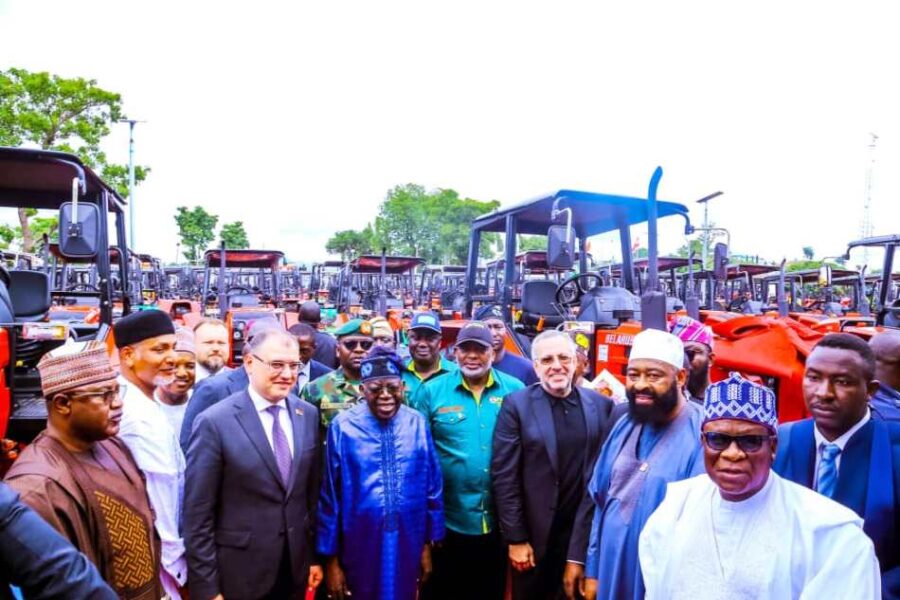Africa’s Digital Payment Systems See Massive Growth, Exceeding $1.9 Trillion in 2024
A comprehensive report reveals unprecedented growth in Africa’s instant payment systems (IPS), with transactions reaching $1.98 trillion in 2024, marking a significant leap from $775.7 billion in 2020. The State of Inclusive Instant Payment Systems (SIIPS) Report, unveiled Thursday in Eswatini, demonstrates the continent’s rapid digital financial transformation.
The report, a collaborative effort by AfricaNenda Foundation, the Central Bank of Eswatini, World Bank, and United Nations Economic Commission for Africa, highlights the expansion to 36 active IPS platforms across 31 African nations, with five new systems launched in the past year.
New entrants to the digital payment landscape include Algeria’s Switch Mobile, Eswatini’s Fast Payments Module, Libya’s LYPay, Sierra Leone’s Salon Pement Switch, and Somalia’s Instant Payment System. These platforms facilitate round-the-clock, real-time digital transactions throughout the year.
AfricaNenda Foundation CEO Robert Ochola emphasized the need for broader access while acknowledging progress. “The findings of SIIPS 2025 show clear progress — more countries are adopting instant payment systems, and more people are gaining access to digital financial services that support livelihoods, trade, and growth across the continent,” he stated.
Regional Integration Gains Momentum The report spotlights three major regional payment systems: GIMACPAY serving Central African nations, PAPSS covering Nigeria and 12 West African countries plus several East African nations, and the SADC system operating in Southern Africa. Four additional regional economic blocs are developing similar systems, promising greater financial integration across the continent.
However, experts identify challenges to cross-border payment growth. NIBSS CEO Premier Oiwoh highlighted freedom of movement as a critical barrier: “We cannot be promoting trade when people cannot visit or enter countries in Africa. That is a major challenge, and, for me, a barrier to trade and to many other activities.”
World Bank’s acting global director Niraj Verma advocated for scaling existing regional systems: “Regional FPS models have demonstrated a unique opportunity to facilitate cost-efficient and speedy cross-border payments and could be explored for scaling across regions and ultimately across the entire continent.”
Central bank governors and financial experts at the event emphasized the importance of system interoperability and collaboration to prevent fragmented operations, setting the stage for a more integrated African digital payment ecosystem.
With transaction volumes reaching $64.6 billion in 2024, the report underscores Africa’s growing digital financial infrastructure while highlighting the need for continued innovation and accessibility improvements in the rapidly evolving payment landscape.







Leave a Comment